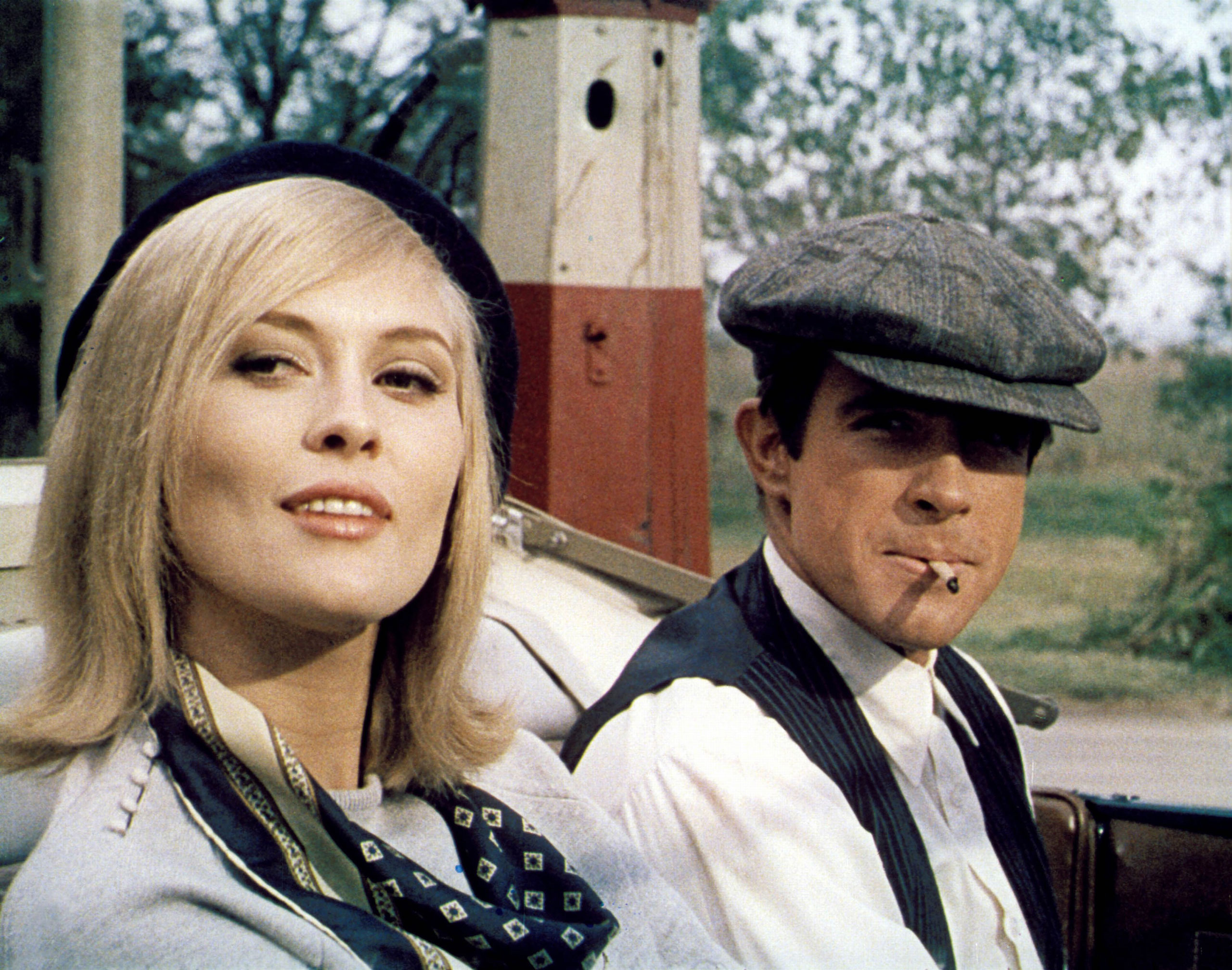The French New Wave took American gangster films and interpreted them anew. With Bonnie and Clyde, Arthur Penn—by that point an established, Oscar-nominated director in his mid-40s—refracted the vision of directors like Jean-Luc Godard and François Truffaut and made a fresh American gangster film with New Wave energy, only it was more violent and more nervy in its stylized brutality than any New Wave film had been. Faye Dunaway is a dazzling, surprisingly vulnerable Bonnie Parker; Warren Beatty is her swaggering beau Clyde Barrow, fearless when it comes to robbing banks but tragically unable to perform in the bedroom. The movie divided audiences at first—some thought it glorified real-life bloodshed. But its preoccupation with bloody remorselessness isn’t beside the point; it is the point. Bonnie and Clyde is one of the most exhilarating pictures of its decade, or even its century, thanks in large part to its editing, by Dede Allen. The film’s finale, in which the doomed couple meet their end in a hail of bullets prodigious enough to kill a whole platoon, is both merciless and elegiac, a wordless summation of all the conflicting things movies can make us feel.
- Inside Elon Musk’s War on Washington
- Meet the 2025 Women of the Year
- The Harsh Truth About Disability Inclusion
- Why Do More Young Adults Have Cancer?
- Colman Domingo Leads With Radical Love
- How to Get Better at Doing Things Alone
- Cecily Strong on Goober the Clown
- Column: The Rise of America’s Broligarchy
